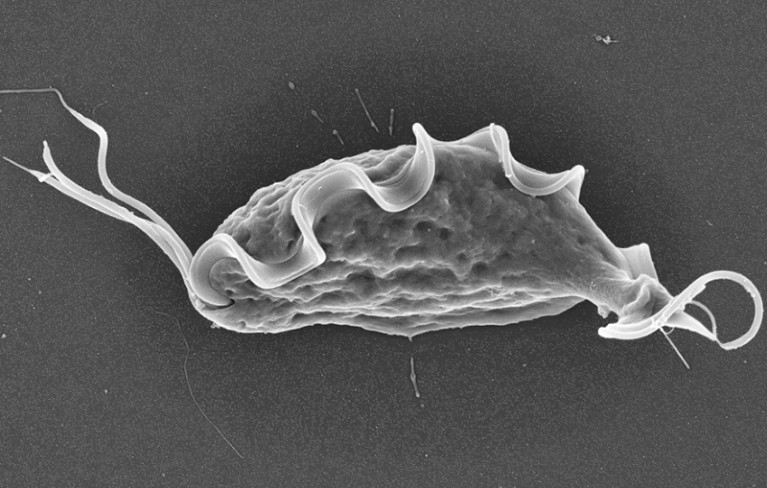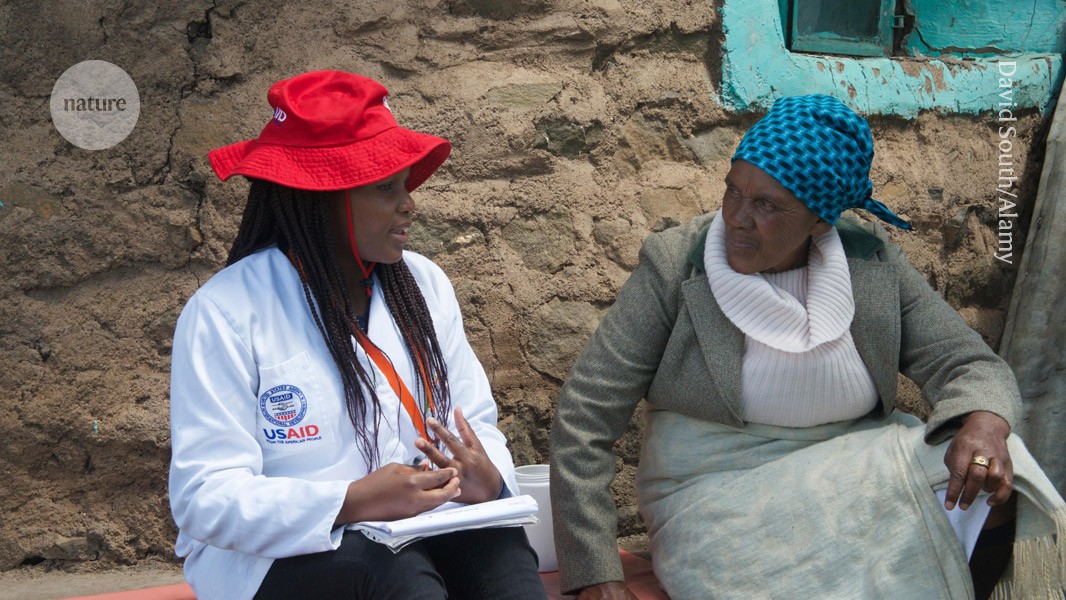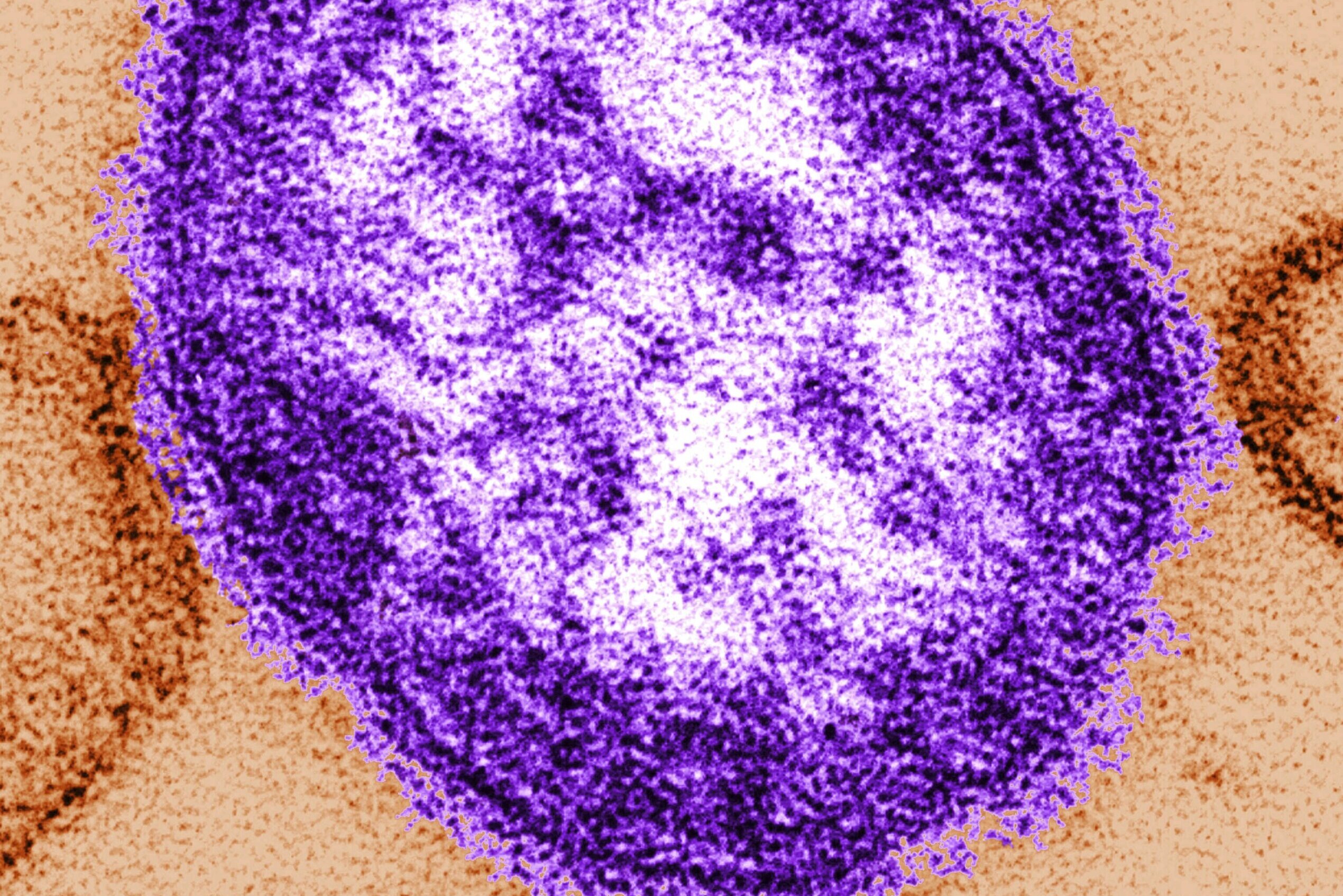Beyond Bacteria: How Single-Celled Organisms are Revolutionizing Our Understanding of Gut Health

For years, the conversation around gut health has centered almost exclusively on bacteria. We’ve been bombarded with information about probiotics, prebiotics, and the importance of a diverse microbiome teeming with helpful bacteria. But what if we've been overlooking a crucial piece of the puzzle? Emerging research suggests that single-celled organisms, often referred to as protists, play a far more significant and potentially beneficial role in our gut health than previously imagined.
The Protist Paradox: From Villains to Allies
Historically, protists have largely been viewed as unwanted guests in the gut – potential pathogens or opportunistic invaders. They were often associated with digestive discomfort and even disease. However, a growing body of scientific evidence is challenging this long-held perception. Scientists are now discovering that certain protists, particularly species like Blastocystis, are not only harmless but may actually contribute positively to our overall well-being.
What Do Protists Actually Do?
So, what exactly do these tiny organisms do in our gut? The answer is complex and still being actively researched, but several promising functions are emerging:
- Nutrient Processing: Some protists aid in the breakdown of complex carbohydrates and fibers that our own bodies can't digest. This process releases essential nutrients that we can then absorb.
- Immune System Modulation: Intriguing research indicates that certain protists can interact with the gut's immune system, helping to regulate inflammation and promote a balanced immune response. This could have implications for conditions like inflammatory bowel disease (IBD).
- Bacterial Community Influence: Protists aren't isolated inhabitants of the gut. They interact with bacteria, sometimes competitively, sometimes synergistically. Evidence suggests they can influence the composition and function of the bacterial microbiome, potentially promoting a healthier balance.
- Short-Chain Fatty Acid (SCFA) Production: Similar to bacteria, some protists are capable of producing SCFAs, which are vital for gut health and have systemic benefits throughout the body.
Blastocystis: A Case Study
Blastocystis is a particularly interesting protist. It's incredibly common, found in the guts of a significant percentage of the human population. For decades, it was often implicated in gastrointestinal issues. However, modern genetic sequencing techniques have revealed a surprising diversity within the Blastocystis species – meaning what was once considered a single organism is actually a collection of distinct subtypes. Some subtypes appear to be entirely benign, while others may even possess beneficial properties.
The Future of Gut Health Research
The recognition of protists’ potential role in gut health is a relatively new development. Much more research is needed to fully understand their functions, interactions within the gut ecosystem, and the specific benefits they may offer. Future studies will likely focus on:
- Identifying Beneficial Protist Subtypes: Pinpointing which subtypes of different protist species are most beneficial.
- Understanding Protist-Bacteria Interactions: Elucidating how protists influence the bacterial microbiome and vice versa.
- Developing Targeted Interventions: Exploring ways to modulate protist populations in the gut to improve health outcomes.
While the bacterial microbiome has rightly received considerable attention, it’s time to broaden our perspective and acknowledge the crucial, and often overlooked, contributions of single-celled organisms like protists. The future of gut health research may very well lie in understanding and harnessing the power of these microscopic allies.





